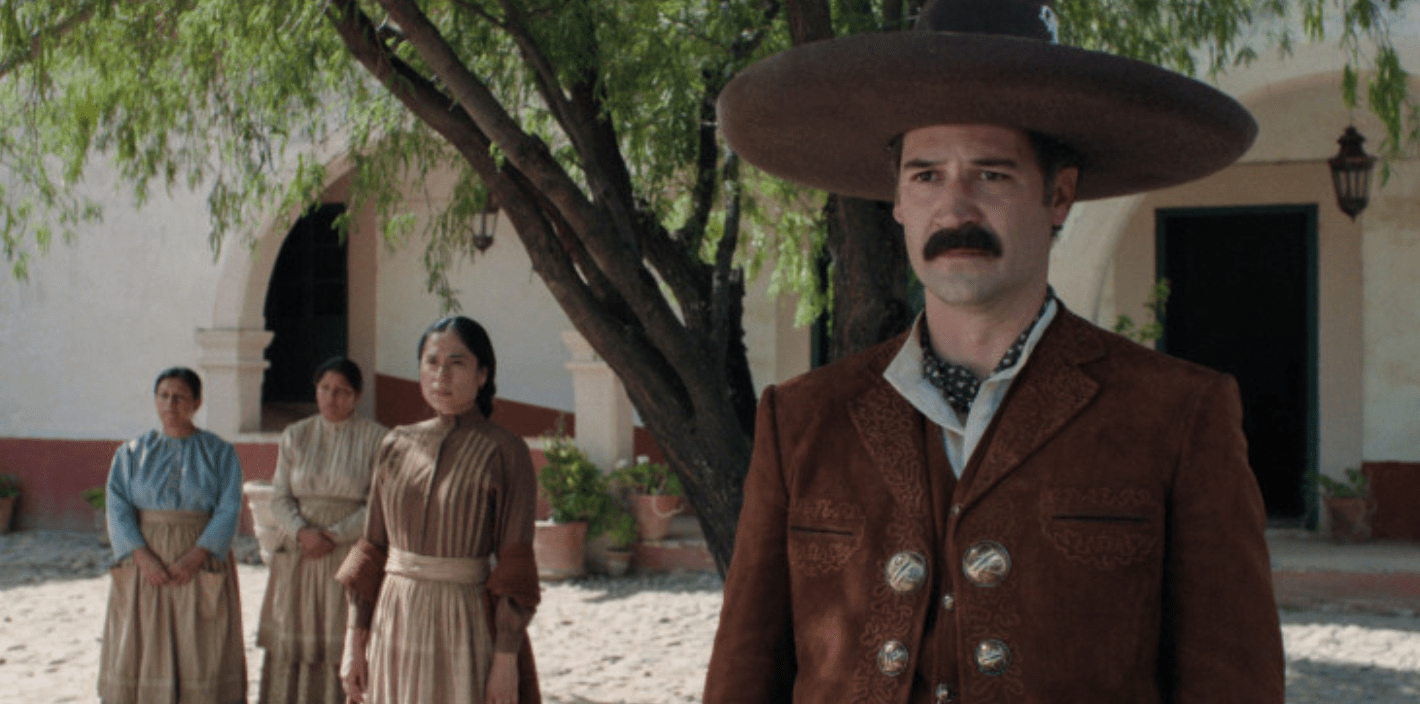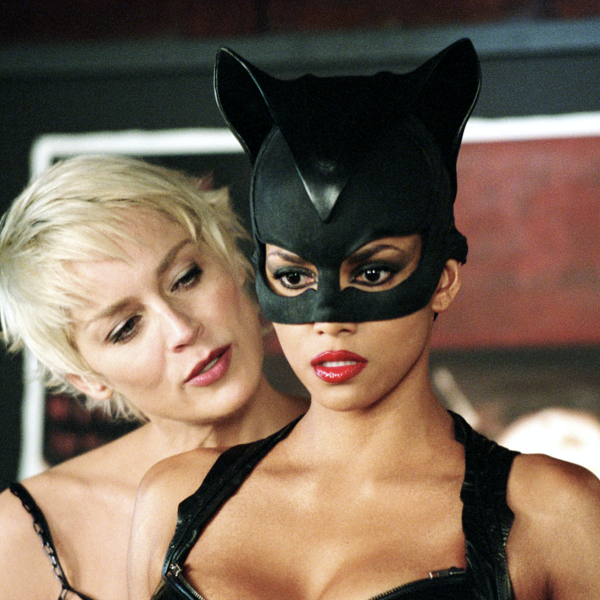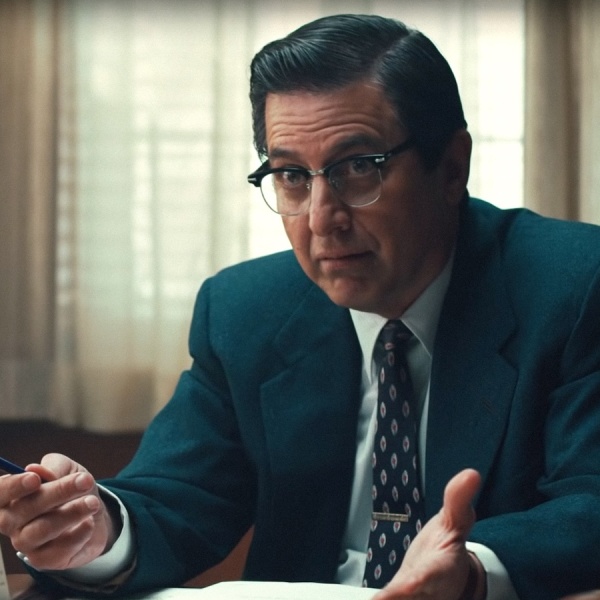Oscar-nominated cinematographer Rodrigo Prieto is finally making his directorial debut — and bringing a significant literary classic to the screen.
Prieto, who has worked with Alejandro González Iñárritu and most recently was the director of photography on Martin Scorsese’s “Killers of the Flower Moon” (plus Taylor Swift’s “Fortnight” music video), helms the adaptation of “Pedro Páramo.” The film is adapted from Juan Rulfo’s 1955 novel by screenwriter Mateo Gil; the book is billed as a direct influence on author Gabriel García Márquez in establishing magic realism within Mexican literary history.
The official synopsis reads: “Determined to fulfill his mother’s dying wish, Juan Preciado (Tenoch Huerta) travels to Comala to find the father he never knew, a wealthy landowner named Pedro Páramo (Manuel García-Rulfo). But in Comala, nothing is as it seems. Juan speaks with someone, only to be informed that person has died. Deserted streets are suddenly teeming with life. Figures dissolve into soil or are washed away in a deluge. The closer Juan gets to locating his father, the more the realm of the dead eclipses that of the living, while Pedro Páramo’s infamy as a merciless tyrant only burgeons, ‘Will Juan’s spirit be absorbed into the phantasmagorical tapestry of this place where the voices of those who have passed forever echo in the wind?’”
The feature will have its world premiere at the Toronto International Film Festival, as part of the festival’s Platform program.
Below, Prieto also shared an exclusive director’s statement with IndieWire highlighting how “Pedro Páramo” remains paramount to Mexican culture:
“Like many Mexicans, I first read Juan Rulfo’s novel, ‘Pedro Páramo,’ in high school. It drew me in with its portrayal of a blurred line between the living and the dead, as well as the nonchalance with which people accept the supernatural in rural Mexico. I also fixated on the descriptions of the Mexican Revolution, as my grandfather fought alongside the revolutionary forces of Emiliano Zapata and he told us many a story from those turbulent times at family gatherings, causing me to become enthralled by that era.
“Almost 70 years after its publication, the impact of the novel continues to resonate, marking it as one of the most significant pieces of Mexican literature. Directing this film adaptation has been a deeply personal journey that has led me to explore my own connections to the ghosts of previous generations from my family, just as Juan Preciado did when arriving to Comala looking for his father, a man named Pedro Páramo.
“One of the central themes of ‘Pedro Páramo’ — how the actions of previous generations affect us — is particularly compelling to me. Echoes of the past haunt Juan Preciado, just as his father’s own lineage shaped his conduct. I have always felt that my blood must somehow carry the traumas and joys of my ancestors. Will that inadvertently be passed on to my daughters, and even subsequent generations?
“‘Pedro Páramo’ reflects a series of historical injustices and pains that have plagued the Mexican people. The Spanish conquest brought with it systems of oppression that continue to our day, including the harsh dogmas imposed by religion. My intention with this film is for audiences worldwide to connect with these themes on a personal level, to be moved by them — not just as distant historical events in Mexico’s past. Are we able to forgive the sins of our ancestors, or do we carry the resentment in our blood onto the next generations? Indeed, are we even able to forgive ourselves?
“In the novel, the protagonist goes to extreme lengths to reconnect with a feeling he experienced as a teenager with Susana San Juan. Obsessed with reclaiming that ephemeral love, he finds himself capable of anything, even murder. Desperate hope and yearning shape the actions of every character, frustrated by the harsh and violent circumstances of their times.
“Juan Rulfo was also an excellent photographer. With his camera, he captured images of Mexico that wordlessly express universal emotional states. Perhaps that’s one reason the novel lends itself to a visual interpretation. I delighted in crafting images from his words, but I especially enjoyed working intimately with the actors to bring Rulfo’s characters to life.
“I’m grateful to the amazing producers, and to the extraordinary cast and crew who trusted in me and made this film possible.
“I hope this film will not only be seen as a reflection of the richness of Mexican culture but also as a universal story of the shared human experience of searching for our identity. After all, we all have our own personal Comala.”
“Pedro Páramo” premieres at TIFF 2024 and will later debut on Netflix. Check out the teaser below.





